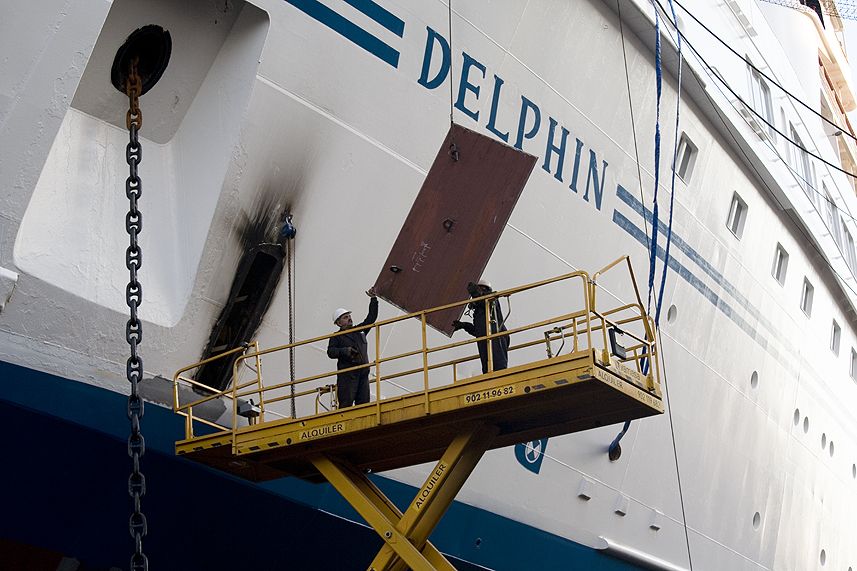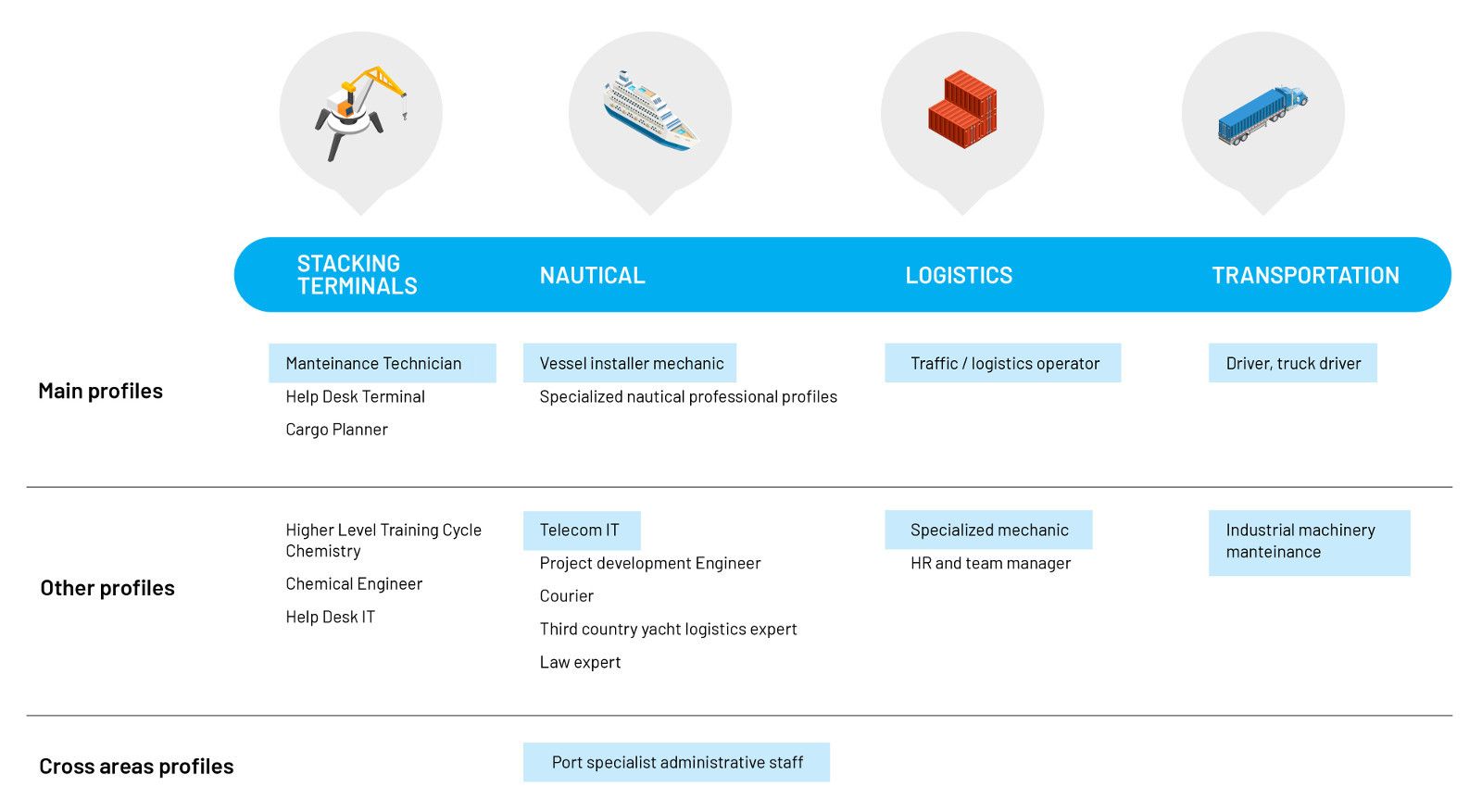The reports also highlighted more specific profiles, such as "carriers with knowledge of administrative and customs processes in a port that can correct any anomaly in documentation; fitters of parts for megayachts and recreational vessels; telecommunications engineers specialising in satellisation; experts in logistics and specialists in work at height," explains Tarriño.
Another essential requirement to make young people more employable in the Port Community is languages. "As it is an international arena, English is a must," says Ángel Tarriño. "For fitter positions, there are companies that do an English test before anything else. They are less concerned about candidates lacking mechanical expertise than them not speaking English. And if they have another language, even better," the expert advises.
A new design for training
The results of these studies not only prioritise professional needs in a sector immersed in a technological transformation. They have also raised awareness of other training options, many not commonly known, available in the maritime and port sector.
If companies have trouble finding channels and references for hiring, this study has opened the doors to resolving these issues. Promoting FP Dual programmes at companies in the Port of Barcelona seems to be an excellent solution to the demand for increasingly specialised labour with ever-changing dynamics that require candidates who are highly adaptable.
For now, a series of actions have been established to move in this direction. From creating a work group to adapt training contents to needs in the Port of Barcelona, to innovation training projects like Forma’t al Port offered by Escola Europea – Intermodal Transport.
For its part, Barcelona Activa is promoting professional training through initiatives including one with the Institut de Nàutica de Barcelona, adapting part of a degree programme to create a vocational training course for unemployed participants.
 Connecting the needs of ports with professional training can help solve the problems of occupation in this area. [Image by Port de Barcelona]
Connecting the needs of ports with professional training can help solve the problems of occupation in this area. [Image by Port de Barcelona]
 Connecting the needs of ports with professional training can help solve the problems of occupation in this area. [Image by Port de Barcelona]
Connecting the needs of ports with professional training can help solve the problems of occupation in this area. [Image by Port de Barcelona]







